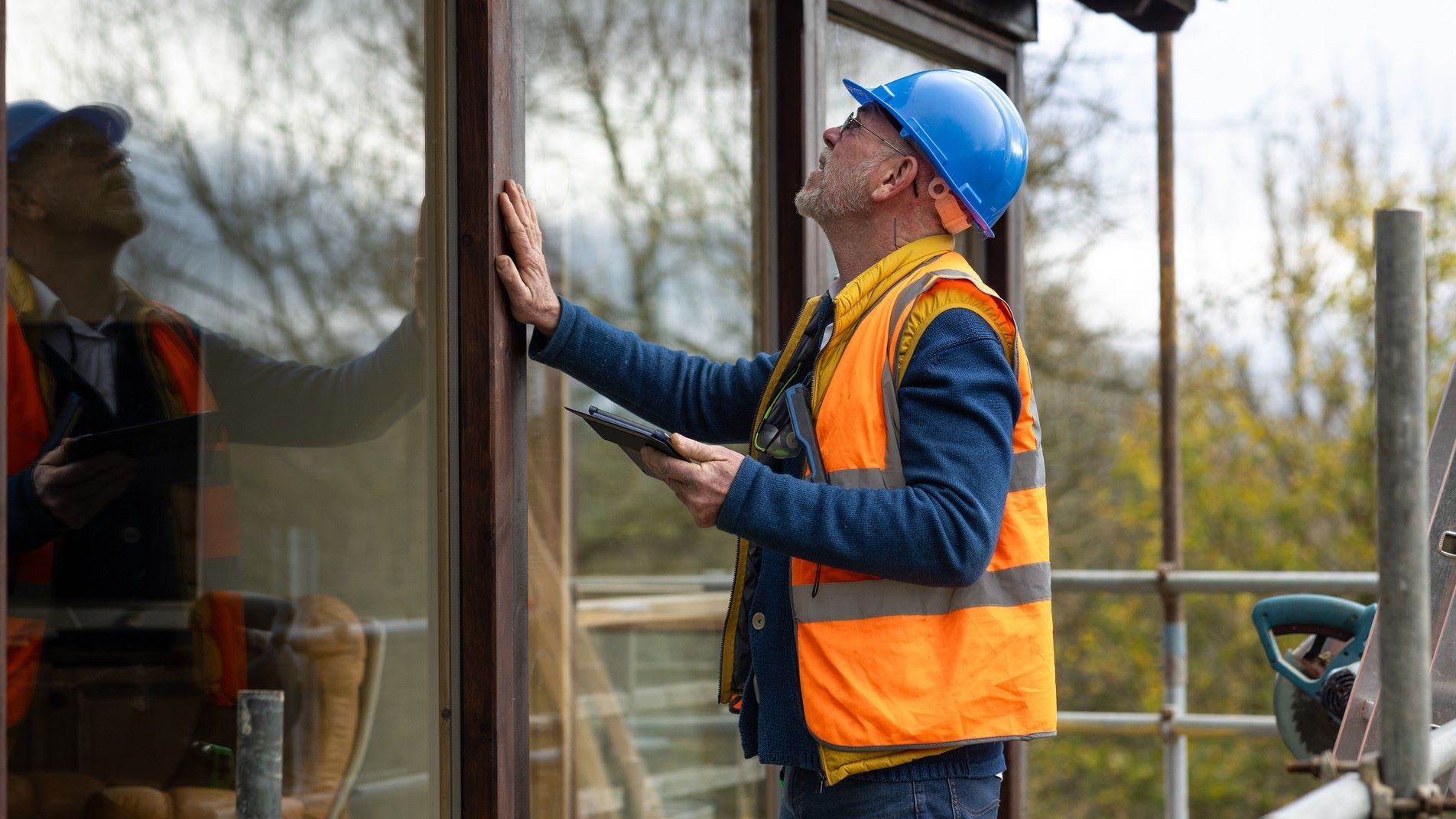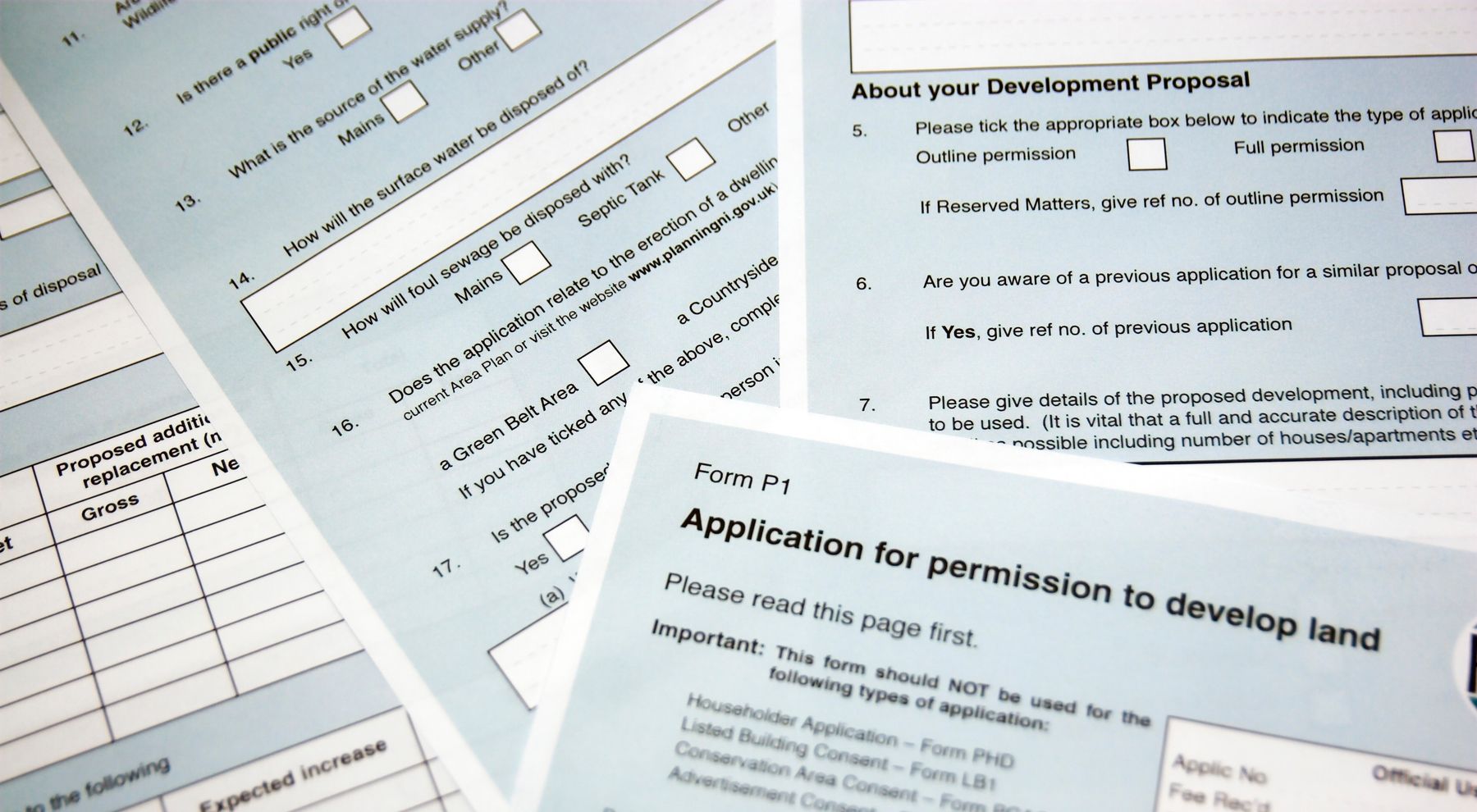The Importance of Complying with Planning Permission

When planning to undertake certain types of building works, whether that be new builds or on existing buildings, you are legally required to obtain planning permission. While this may seem like a trivial step, it actually holds a lot of importance, since it’s in place to ensure that your proposed development aligns with local policies, considers the impact on the surrounding areas and adheres to necessary safety standards.
Keep reading to learn more about why it’s so important to comply with planning permission regulations.
When is Planning Permission Required?
If you’re looking to build something new, make major changes to your building (e.g. build an extension) or change the use of your building, then you will require planning permission. There are a few exceptions to this, however; for example, you may not require planning permission for a single storey-home extension if it:
● Doesn’t cover more than 50% of the total land around the house
● Isn’t closer than two metres to a boundary line
● Uses materials that match the rest of the house
● Is less than three metres in size from the back of the house (four metres for detached houses)
It’s important to always check with your local planning authority (LPA) whether or not planning permission is required for your proposed development.
What Happens if You Don’t Get Planning Permission?
Obtaining planning permission is a legal requirement that you must comply with, unless your LPA has explicitly stated that your proposed development is exempt. If you do require planning permission but decide to proceed without it, then you will have committed what’s known as a planning breach.
In such an event you must submit a retrospective application as soon as possible. If this application fails or you fail to make it in the first place, then you will likely face an enforcement notice in order to remedy the breach you have committed.
This will detail why your development is in breach and list both the required steps that must be taken along with the timeframe that you must do this within.
This can be incredibly costly for you as a result. Furthemore, if you fail to comply with this and choose to instead ignore the enforcement notice or even continue with your development, then you may find yourself being taken to court.
Ensuring Compliance
Applying for planning permission can be a difficult and lengthy process, but one that is essential to comply with to avoid both financial and legal complications later down the line.
Thankfully, that’s where we come in. Here at Simon Levy Associates, we can offer you professional planning permission advice and guidance, whether that be submitting a planning application on your behalf, helping you with a planning permission appeal or helping you submit a retrospective application.
Don’t hesitate to get in touch with our team today for property advice and assistance.











